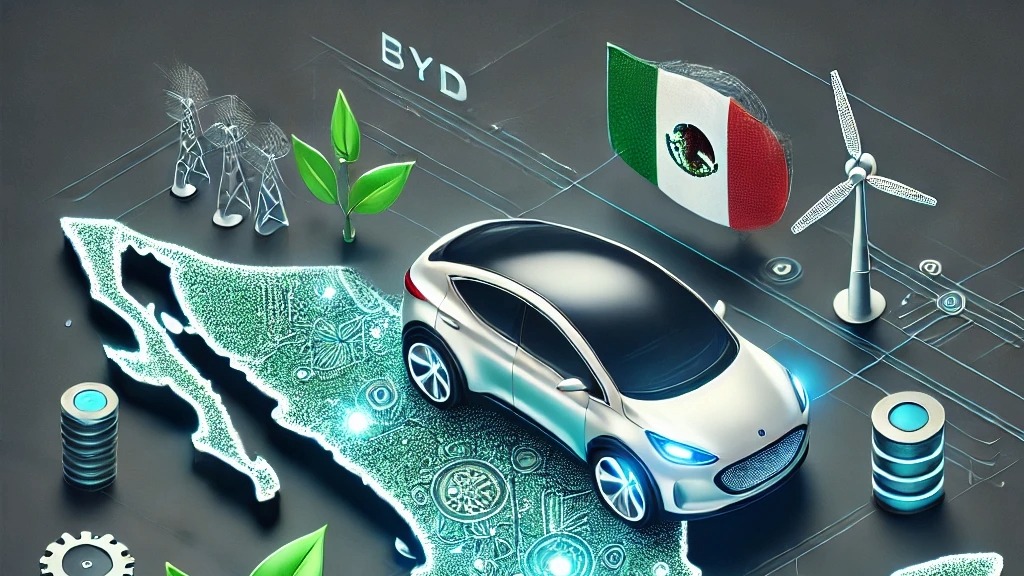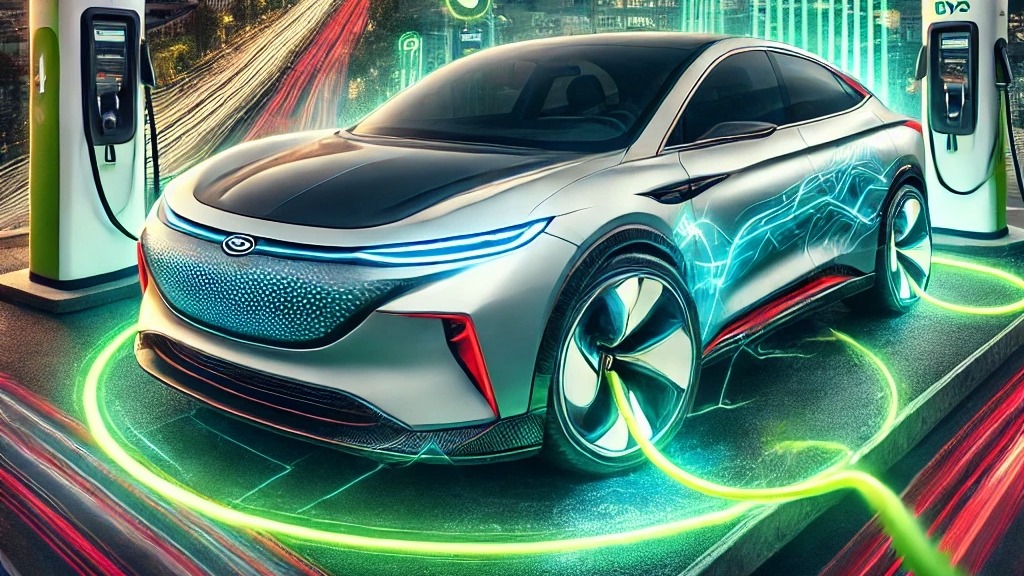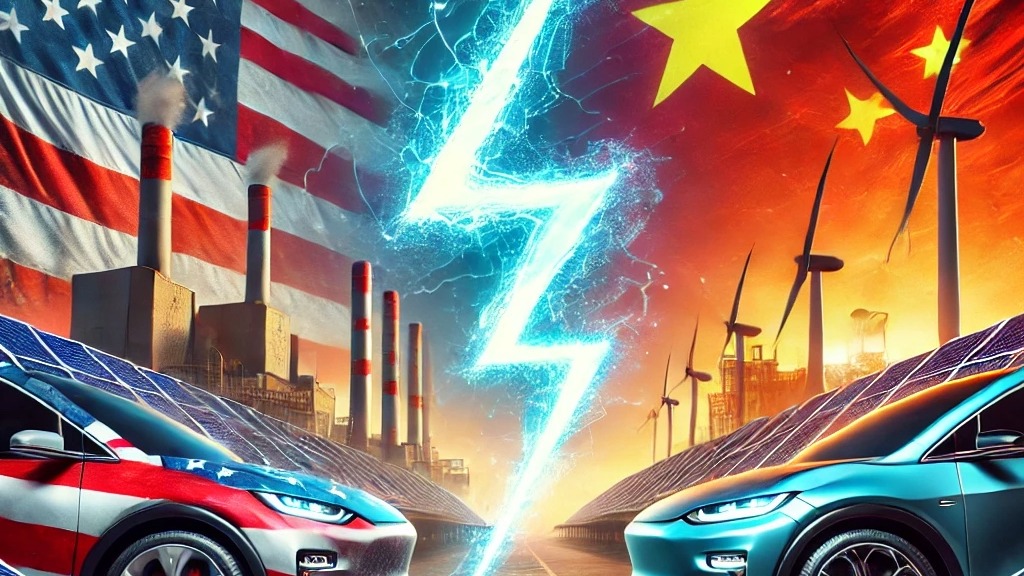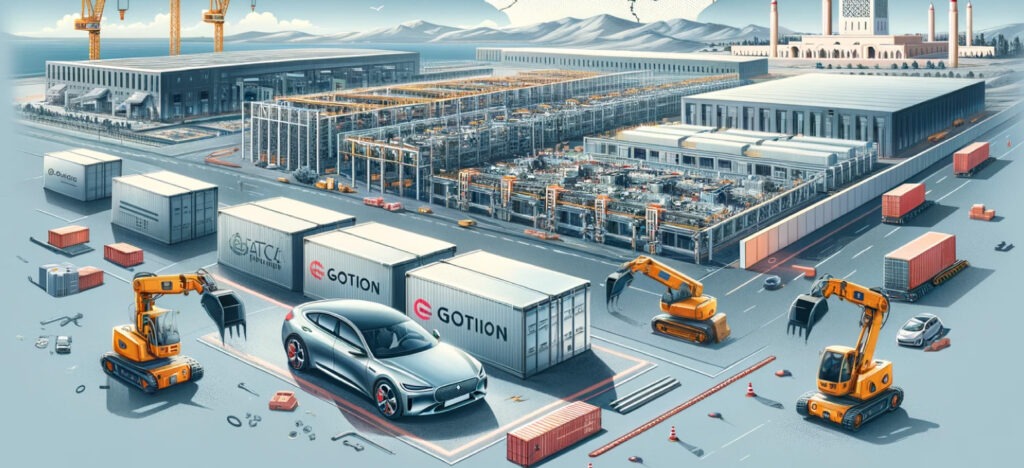BYD evaluates three states in Mexico for its electric car plant

Chinese electric car manufacturer BYD has narrowed its list of finalists for the location of a production plant in Mexico to three states, from which it has received a series of incentives to make its investment.
Chinese electric car manufacturer BYD has narrowed down its list of finalists for the location of a production plant in Mexico to three states, from which it has received a series of incentives to make its investment. The incentives offered by the states include tax advantages, land, management support and preferential pricing, according to BYD's general manager in Mexico, Jorge Vallejo.
It should be noted that the finalist states have not yet been revealed and BYD confirmed that the plant in Mexico will not supply the U.S. market, a decision influenced by U.S. pressure that led the Mexican federal government to halt incentives to Chinese electric vehicle manufacturers in April.
The installation of a BYD electric car production plant in Mexico represents a strength for the country, consolidating its position as a strategic hub for global manufacturing, especially in a high-tech and sustainable sector such as electric vehicles.
Mexico has a robust industrial infrastructure and a skilled workforce, which makes it an attractive destination for companies such as BYD. The country's geographic location, which connects it to the North and South American markets, is a key point that strengthens its competitiveness in the region; however, there are also weaknesses that must be considered.
The reliance on government incentives to attract large-scale investments may be a sign of the need to improve structural conditions, such as legal certainty and simplification of procedures, to make these investments sustainable in the long term.
In addition, geopolitical pressure, such as that exerted by the United States to limit the expansion of Chinese manufacturers, introduces a factor of uncertainty that could affect the stability of this type of project.
From an opportunity perspective, the arrival of BYD could catalyze significant progress in the Mexican automotive industry, driving innovation and technological development in the sector. Local companies have the opportunity to integrate into BYD's supply chain, which could raise technological and environmental standards in the country's automotive production. Mexico could also position itself as a leader in the transition to electric mobility in Latin America, leveraging its industrial infrastructure and network of trade agreements, such as the T-MEC, to expand its influence in emerging markets.
However, it is also necessary to consider the threats. The competition between states to attract this investment reflects an internal battle that could divert attention from a coordinated national strategy for the development of the automotive electric sector. In addition, BYD's decision not to supply the U.S. market from its future Mexican plant could limit expansion opportunities in the region's largest market, leaving Mexico vulnerable to demand fluctuations in other less predictable markets.
In summary, BYD's decision to install a plant in Mexico could consolidate the country as a key player in the global automotive industry, leveraging its strengths in infrastructure and location, while navigating the opportunities and threats of the geopolitical and market environment. This investment has the potential to mark a before and after in electric vehicle manufacturing in Mexico, provided it is strategically managed to maximize its benefits and mitigate its risks.
Collaboration: Editorial Auge.





